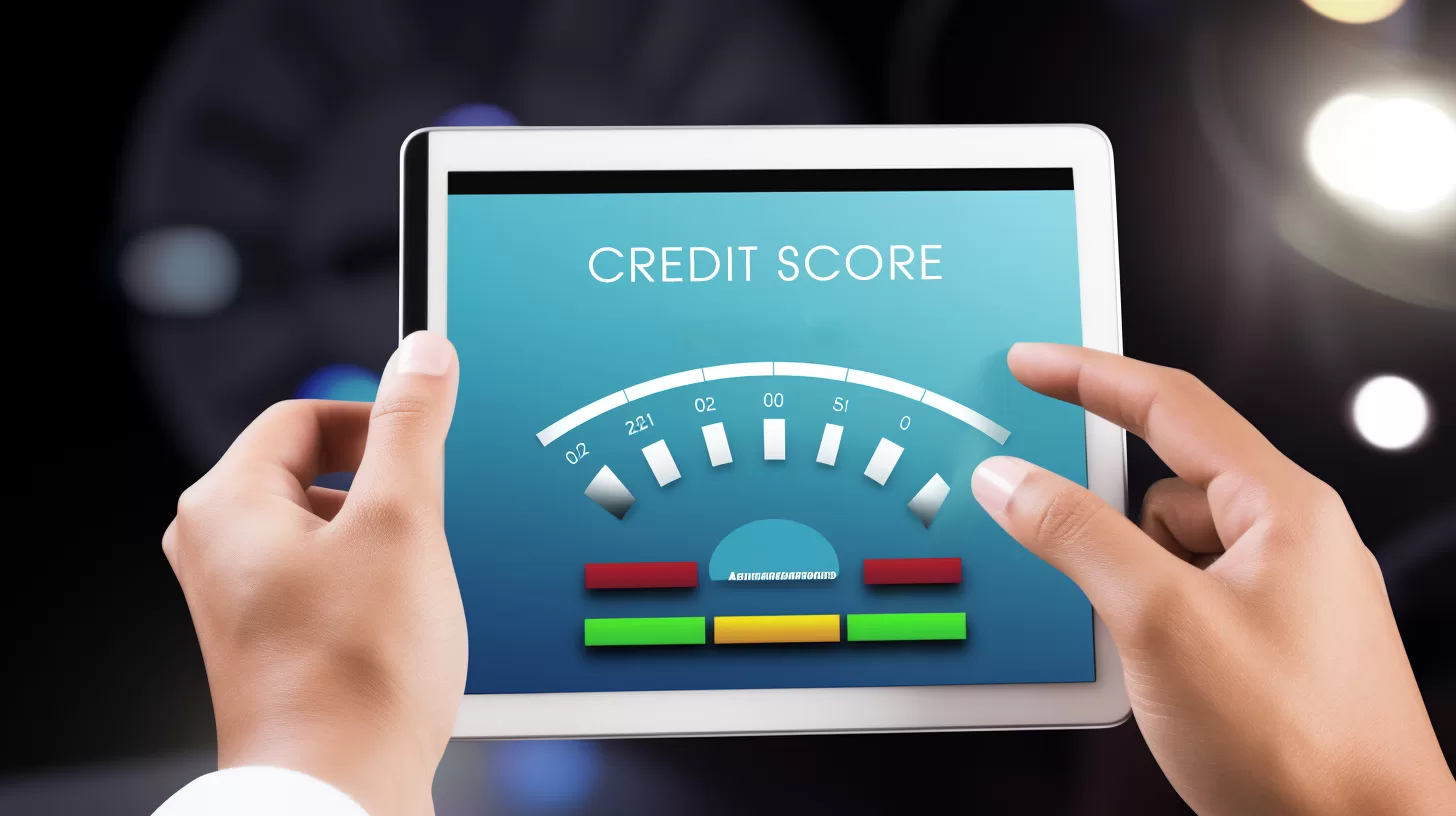Over the last few years, we’ve witnessed a tremendous change in the banking industry, with the rise of digital banking and fintech companies disrupting the traditional banking model. Fintech, which is a combination of finance and technology, has transformed the way we handle our money, making it more accessible, convenient, and secure. In this article, we’ll explore the impact of fintech on traditional banking and the future of digital banking.
Digital banking has been on the rise in recent years, and the COVID-19 pandemic has accelerated this trend. As social distancing and lockdowns forced people to stay at home, the need for digital banking solutions grew, and more people turned to digital banking services for their financial needs.
Fintech companies have revolutionized the banking industry by offering more convenient, user-friendly, and affordable services. These companies leverage technology to offer services like online banking, mobile banking, digital wallets, and peer-to-peer lending. They also use machine learning algorithms and artificial intelligence to provide personalized financial advice and better risk management.
One of the biggest advantages of digital banking is its convenience. Digital banking services allow users to access their bank accounts anytime and anywhere, using their smartphones or computers. Customers can check their account balances, transfer money, pay bills, and apply for loans, all from the comfort of their homes.
Another advantage of digital banking is its affordability. Fintech companies often charge lower fees than traditional banks, making it more accessible to people who were previously excluded from banking services due to high fees and minimum deposit requirements.
However, the rise of digital banking has also posed some challenges for traditional banks. Many banks have been slow to adapt to the digital era, and as a result, they risk losing customers to fintech companies that offer more convenient and affordable services. Traditional banks need to embrace technology and adapt to the changing needs of their customers if they want to remain competitive in the market.
The future of digital banking looks promising, with many exciting developments on the horizon. One of the most significant trends is the increasing use of blockchain technology in banking. Blockchain technology offers a secure, decentralized, and transparent way of recording financial transactions, making it ideal for banking services. Many fintech companies are exploring the use of blockchain technology in areas like payments, lending, and identity verification.
Another trend is the growing use of artificial intelligence and machine learning in banking. These technologies can help banks provide more personalized financial advice and better risk management. They can also help banks detect fraud and money laundering, improving the security of banking services.
In conclusion, digital banking and fintech have disrupted the traditional banking industry and have transformed the way we handle our money. The rise of digital banking has brought many benefits, including convenience, affordability, and better access to banking services. However, it has also posed some challenges for traditional banks, which need to embrace technology and adapt to the changing needs of their customers if they want to remain competitive in the market. The future of digital banking looks promising, with many exciting developments on the horizon, including blockchain technology and artificial intelligence.





